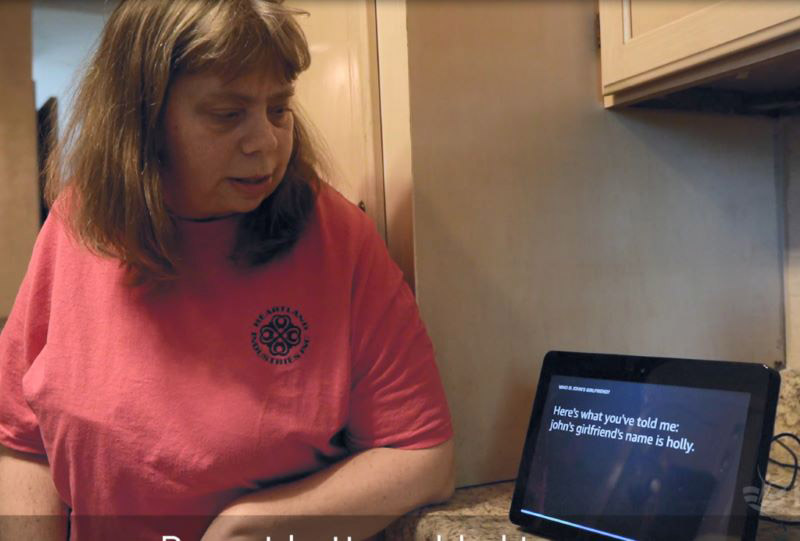Imagine not being able to turn on the lights, reach the remote, or write your own grocery list. For many people with intellectual and developmental disabilities, this is a day-to-day reality. While most of us take our independence for granted, people with disabilities face challenges every day that limit their ability to be independent. But now, with new smart home technologies like Amazon’s Alexa, once impossible tasks for people with disabilities are now routine.
While many of us may see these devices as unnecessary conveniences, smart home technology for people with disabilities provides levels of empowerment and independence that were impossible just a few years ago. Here are three ways Alexa is making life easier for people with intellectual and developmental disabilities. These may seem simple to many of us but for people with disabilities, this technology is a true game-changer.
Staying organized with ease
Imagine not having the motor skills to hold a pencil, let alone write your own name. One of the simplest things that we take for granted is the ability to use our basic motor skills to stay organized. Whether it’s a grocery list, an idea or a simple reminder you post for yourself on the refrigerator, our ability to record and organize information with our hands is one of the most basic functions that keep us organized. For some people with disabilities, however, these seemingly simple actions are all but impossible.
Now add Alexa into the mix. Alexa and other smart home technologies give people with disabilities the unprecedented ability to organize information like lists and reminders on their own without the assistance of a friend or caregiver. Imagine the feeling of liberation for people who, until very recently, have had to rely on others for the seemingly simple task of organizing information.
Mobility not required for simple tasks
Immobility is a reality for many people with developmental disabilities. Think about what that means for a moment. A person who is unable to move about on their own cannot turn on the lights. They can’t use a remote control to watch their favorite TV show, and they certainly cannot get up and lock the doors before going to bed.
With smart home technology, these tasks become possible for people who have disabilities that prevent them from moving about freely. That may seem like a small thing to most of us but for someone with a disability, voice command technologies, like Alexa, offer new and unprecedented levels of personal independence.
Helpful and friendly reminders
Let’s face it. Many of us could use a reminder here and there to help us remember things. Alexa can come in handy with that. For people with developmental disabilities, Alexa can remind them to take their medications, perform their daily exercise routine or anything else they need to be reminded of to stay on track. Smart home technology is revolutionizing the way people with disabilities go about their daily lives. Tasks that were once impossible are now routine. But most of all, smart home technology provides people with disabilities a level of independence that was impossible only a short period of time ago. Smart home technology is truly a life changer for people with disabilities.

